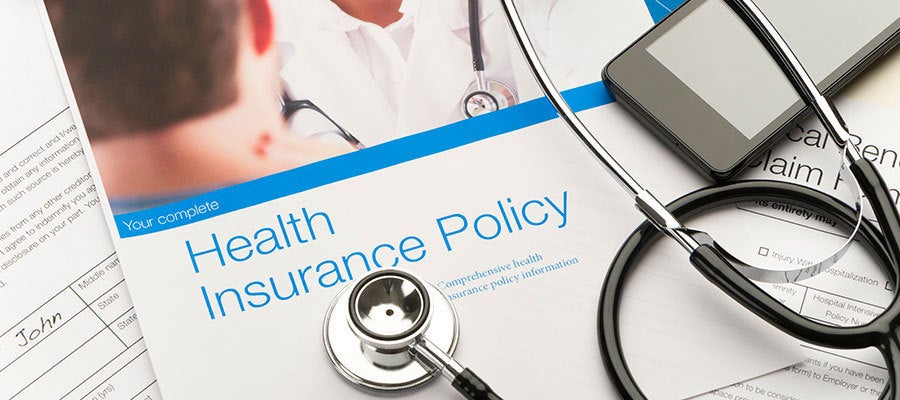At the AHA Rural Health Care Leadership Conference, AHA held an open dialogue on strengthening emergency management systems, which will translate into case studies, action plans and compendiums for the field as part of a five-year partnership with the Office of the Assistant Secretary for Preparedness and Response. Kristin Preihs, AHA’s director of clinical quality, grants & contracts, and Helena Bonfitto-Wolf, senior program manager for AHA’s Center for Health Innovation, outline key takeaways from the conference session in this new blog post.







